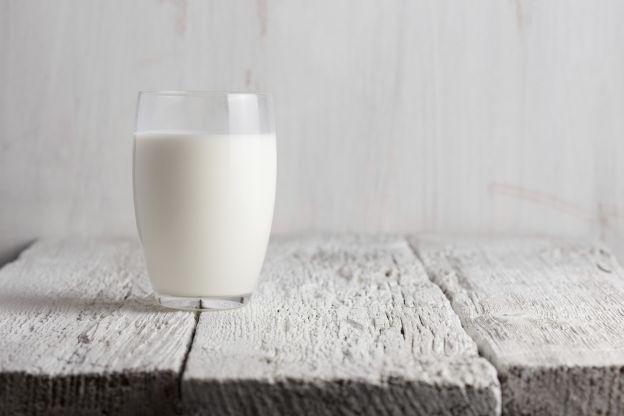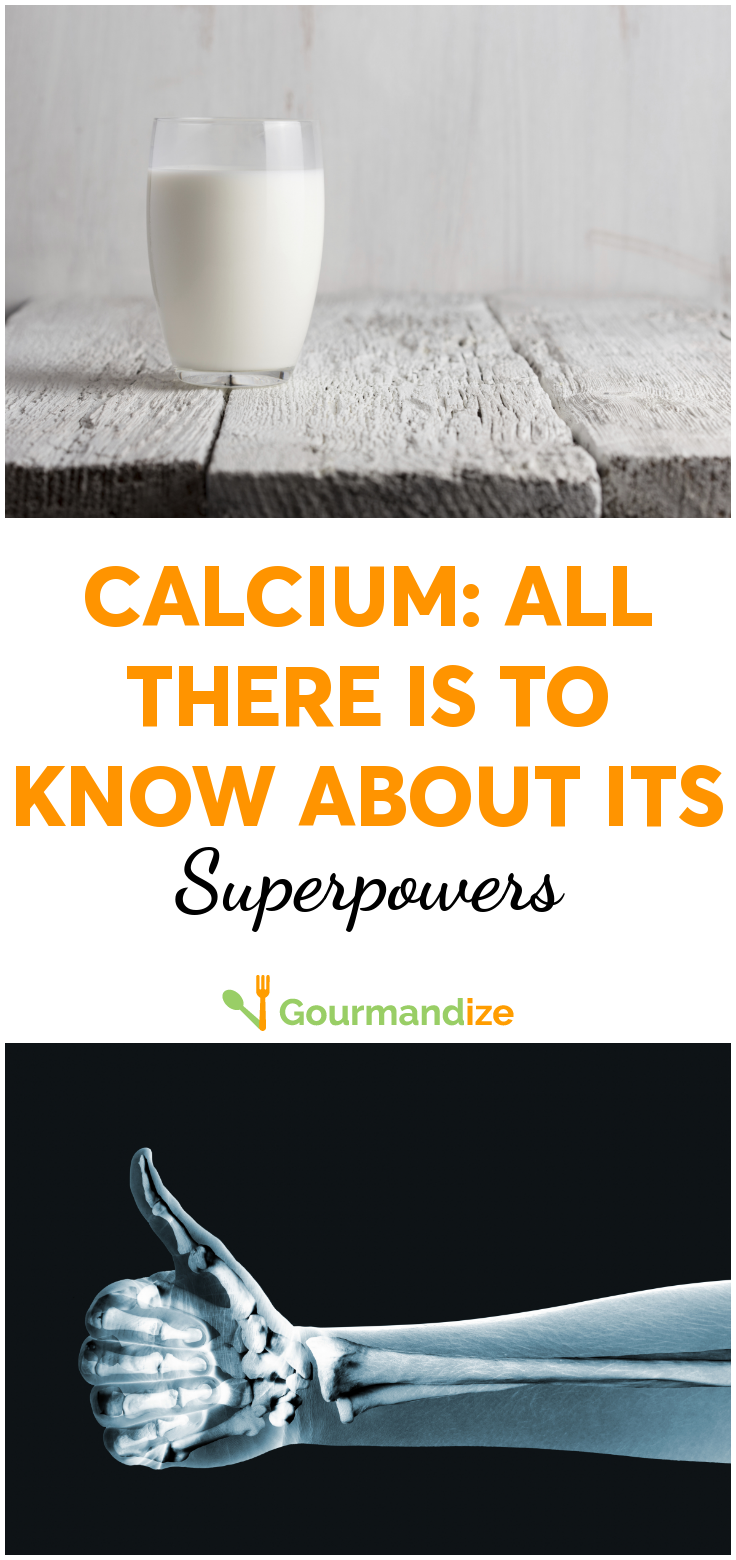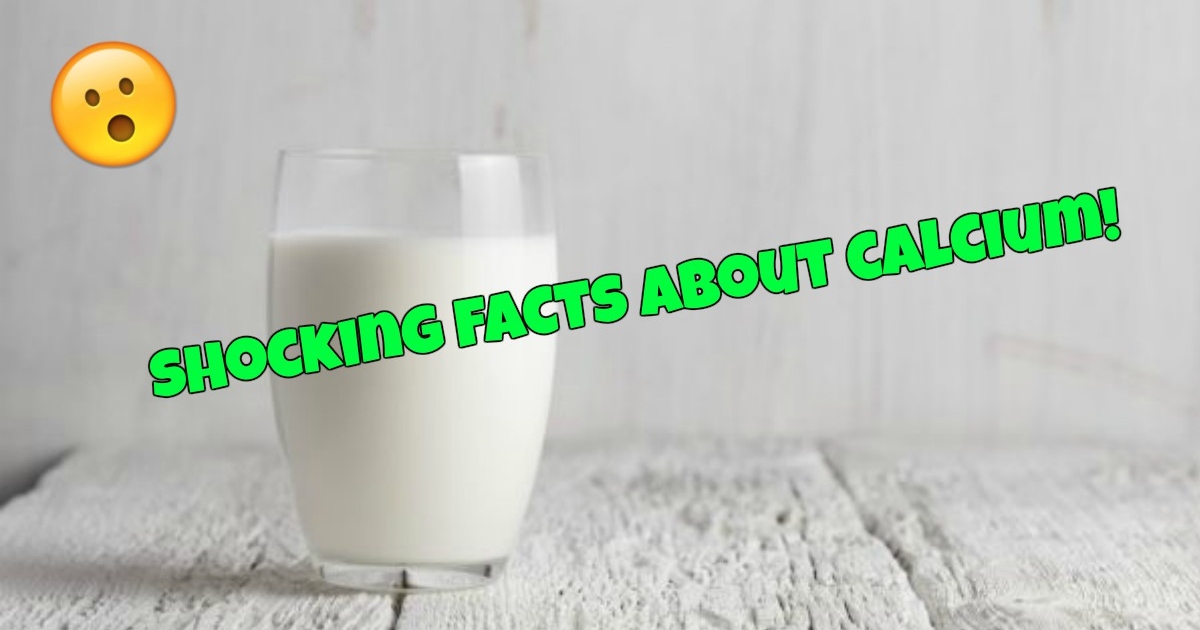Calcium: All there is to know about its super powers

Want to keep your bones tough, your back straight and have a great set of teeth to show off every time you smile? Well, calcium is all it takes to guarantee all the above, but there are a few basics that everyone should know about this life-supporting mineral. So read on.
The average adult skeleton contains about 1000 grams of calcium,which is stored in the form of a crystalline complex called hydroxyapatite. Of this 99 % are found in bones and teeth and the remaining 1 % is present in ionized form in the plasma.
Here's why you need it:
- Calcium confers rigidity to the bone and dental tissues.
- The human body uses the mineral to build bones up to the age of 20, so it's essential to growth and physical development.
- In adulthood, calcium is still critical for maintaining the skeleton to keep bones strong and healthy.
- Calcium is actively involved in neuromuscular contraction reactivity (what creates movement).
- It also helps regulate cardiac pressure.
- It limits muscle spasms and cramps.
- It is involved in the process of blood clotting.
What are the risks associated with calcium deficiency?
- Hypocalcemia: can cause insomnia and sleeping disorders
- Spasmophilia: can cause muscle tetany and panic attack
- Paresthesia: symptoms can include numbness in sex organs
- Osteoporosis: can cause bone loss
- Osteomalacia: can cause rickets in children, which leads to soft bones. It can also lead to lack of rigidity, thereby causing skeletal deformity.
What happens when you get too much?
Taking in too much calcium can cause suffering from bone demineralization, kidney failure (triggered by excess calcium and other minerals) or alkalosis (caused by a diet, high in basifying foods).
How much is enough?
Between 1,000 milligrams for adult men and 1,200 milligrams for adult women, which is equivalent to about 3 yogurts, a glass of milk, a portion of cheese, a selection of fruits and vegetables and 2 slices of bread.
What are the sources of calcium?
Calcium is abundant in dairy products, fruits, vegetables, starchy foods and even mineral water.
More steaming articles
 10 foods for a brighter smile
10 foods for a brighter smile
 8 hacks to save water when you're...
8 hacks to save water when you're...
 The 10 best fruits for your figure
The 10 best fruits for your figure
Chef Tips and Tricks
Your parents told you that scoffing your food was bad, and now science has confirmed it!
Enjoy this video... slowly!



Comment on this article